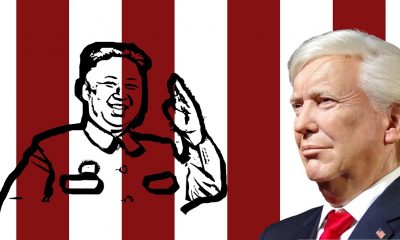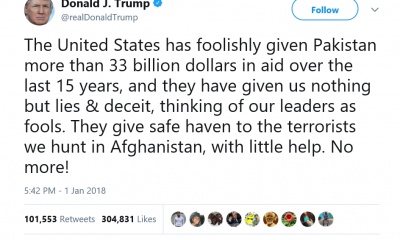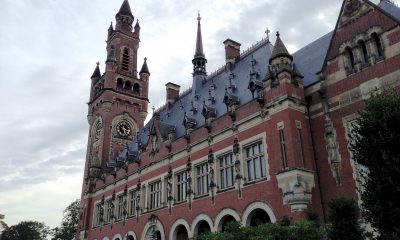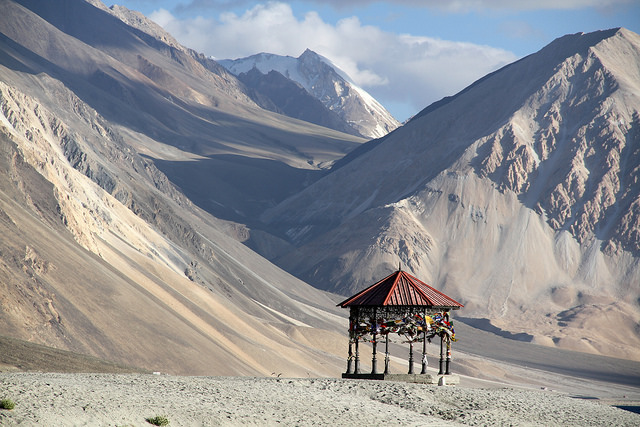Opinion
Sanctions on Russia: the Hidden Cost for the EU
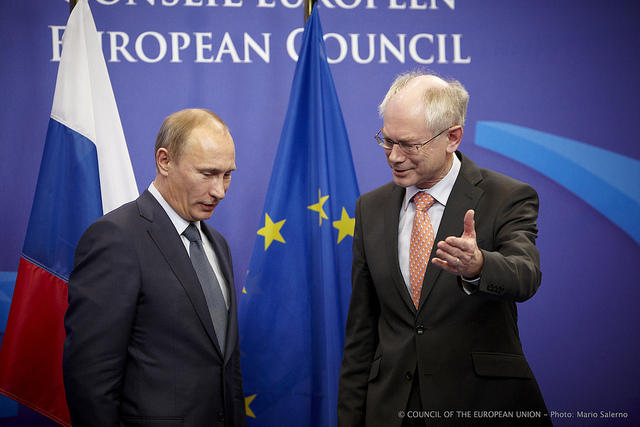
A huge poster of a sleek airliner touching down on the runway greets visitors in the arrivals foyer, with the message Dobro Pozhalovat, welcome in Russian, printed in Cyrillic in large capital letters. But this isn’t an airport in Russia, nor in a city of the Commonwealth of Independent States (CIS, the heir to the former USSR), and neither in a neighbouring state with a Russian-speaking minority. It is in the airport of Prague, capital of the Czech Republic, an EU member state, and a major transport hub in the middle of Europe with rail and road links to German, Polish and Austrian cities. The poster, and all the other signs in Cyrillic which dot the terminal, send a clear signal: Russian visitors, and the business they bring, are welcome.
Russian investment has been flowing into the Czech Republic, in the form of property investments, finance and digital services, as they have in many other parts of the EU. Despite the fanfare connected with the recent opening of a gas pipeline supplying China, the EU is Russia’s economic partner of choice, according to Eurostat, with business with the single market accounting for over 40% of total trade. Economic interdependence has been growing between the two, reaching an unprecedented peak in 2012. In Germany, for example, exports to Russia made 3.4% of total exports in 2013.
And it’s not only oil and Gas which Russia exports to the EU and the rest of the world. The olive-green signs of one of Russia’s leading lenders, Sberbank, are a common sight across Prague as well as other European capitals. Sberbank and its rival bank VEB also have a presence in Austria, Cyprus, Slovakia, Hungary, Germany and France. Tourism is on the up too: on the streets of central Milan it is extraordinarily common to see menus and information displays in Russian as well as English and Italian. Milan has become a fashionable destination for Russian tourists, and the local tourist industry is desperately trying to exploit this rare area of growth, a boon for the cash-strapped Italian economy in these years of austerity and anaemic economic performance.
Back in the motherland, European companies, from German manufacturers to Italian fashion brands to British retailers, have been quick to establishing themselves in the Russian market, exploiting its rapidly growing middle-class with its hunger for Western consumer goods. The local beer market is largely in the hands of local subsidiaries of the Danish brewery group Carlsberg, which generates almost a third of its global profits from Russia. And, of course, there is the cooperation in the energy sector too. BP has a large share in the Russian Oil giant. Rosneft, which in turn recycles profits back to Britain,
These are all reasons why the introduction of tough economic sanctions in summer by the EU and the US as a response to the Russian intervention in the Ukrainian crisis represent a novelty for European and international diplomacy. Previously, ‘rogue’ states who were targeted by sanctions tended to be poor, underdeveloped basket cases, with close to insignificant trade links with the EU, which mostly went one way. This time, it’s different: the sanctioned country is not an isolated economic backwater, but a leading emerging market, a global economic player, a member of the G-20 with important industries (and of course, a former superpower). This is frontier territory, an unprecedented situation for the international sanction regime which is still in its infancy, and can generate unexpected consequences for the EU and the west.
First of all, Russia has the capacity to retaliate: it showed it earlier this year, when it unleashed its regulatory claws on the two leading card payment operators, Visa and Mastercard, guilty of cutting services without warning to Russian customers following the first threats of sanctions by the US. The two multinationals had no choice but to comply with the tough new regulations if they wanted to continue servicing the Russian market, agreeing to set up processing centres on the soil of the Russian federation and to pay service charges and hefty fines if things went wrong again.
Then, there are the economic costs of lost business for European companies in Russia: the Carlsberg group, for example, has been hit hard due to its exposure to the Russian market, and has had to issue a profits warning. The EU has come under pressure from sectors of the business community to relent on some of the sanctions. The Council, at the time of issuing the sanctions, has made exceptions for European branches of Sberbank which can continue to trade under normal conditions on the territory of the member states they are already established in. The minister responsible for EU affairs, Andrew Lidington, admitted the costs to UK and European business of the sanctions imposed on Russia. Speaking to the BBC, he said, “There is undoubtedly a cost to us and I don’t think anybody from the prime minister down has pretended otherwise, just as there is for German companies, French companies, Italian companies, [and] American companies, whose governments have also introduced sanctions.”
The current crisis cannot turn into a rerun of the Cold War, as has been suggested in some circles, because the economies involved are much more interlinked than before the fall of the Berlin wall.And yet, more sanctions are on the horizons. The current batch has proved incapable of moving the Russian Administration from pursuing its current goals in the Ukraine. Will the introduction of new, tougher sanctions, despite the adverse effects on Western economies as well as on Russia, be able to bring about a new course in foreign policy? With warnings from the Russian ministry of finance that the economy is projected to shrink by 0.8 % next year and the Rouble tumbling ever lower in foreign exchange markets, the economic arguments are there to suggest a change in Russia’s behaviour to be likely. Evidence suggests, however, that it’s not rational economic arguments that win the day in the Kremlin council rooms but visions of imperial grandeur.
China
Nepal Hindu Rashtra: Time to Wrap Up Communism?

Nepal abolished the Constitutional Monarchy in May 2008 and declared itself as a Federal Democratic Republic. There was a new hope in Nepal as it was becoming world’s newest democracy even though it had dissolved the Hindu Rashtra. However, the democracy in Nepal immediately got into the tight grips of leftists and communists backed by China. It has been almost 12 years since monarchy was abolished in Nepal. Interestingly, the Himalayan country has already seen 11 Prime Ministers in this period. Thus, leaving the Nepalese people still yearning for good and stable governance.
Re-establish Hindu Rashtra
As the political instability is growing in Nepal, people are demonstrating concerns about the future of the country. In fact, Nepalese citizens are unhappy with frequent interference by China and India influencing its unstable communist regime. More voices are now growing in support of reinstating the Monarchy and declaring Nepal as world’s only Hindu Rashtra (which by default offers full religious freedom to other religious minorities as per Hindutva concept of Sarva Dharma Sama Bhava – all paths lead to one).
Former Deputy Prime Minister of Nepal, Kamal Thapa said that if political parties do not recognize the seriousness of reinstating the monarchy, then the country will head for a period of darkness. “Recently, we’ve had high-ranking officials from India and China come to Nepal to try and solve problems within the ruling party,” he said. “We cannot let others dictate what we want to do.”
Communist Party All Set to Suppress Protests, By Force
Kamal Thapa has firmly demanded an all party meet to discuss reinstating of monarchy. Throughout the month of December, 2020 Nepal has seen anti communism protests across the country in support of reinstating the monarchy and Hindu Rashtra. Most importantly, the demand has become a nationwide mass people’s movement. So much so that the communist regime had to send a directive to 77 districts in 7 provinces. The directive suggests suppressing the protests by force. Nevertheless, Rashtriya Prajatantra Party and other royalist groups have ignored this threat from the communist regime. Protester groups have pledged to strengthen the protest in the coming weeks.
Nepal: Demonstration held in capital Kathmandu, demanding restoration of monarchy in the country. pic.twitter.com/TFjmKu9U9Z
— ANI (@ANI) December 5, 2020
Role of China – Hope for Communism in Nepal
China’s ambassador to Nepal is known to have very close relationship with Nepalese Communist regime. In fact, She has been super effective in tilting Nepal’s posture towards its ideological partner, China. One of her greatest achievements in 2020 was artificially manufacturing a border conflict between Nepal and India. Consequently, souring relations between the two Hindu majority nations. In addition, she managed to silence Nepal’s communist government after China took one of Nepal’s border villages under its control. However, recent political turmoil in Nepal and a renewed demand for reinstating of Hindu Monarchy is showing that the situation is now out of Chinese hands
Role of India
Year 2020, was not a good year for India and Nepal relations. India was busy in controlling domestic Covid cases. On the other hand, China had launched an invasive campaign into Indian territory. In addition, India is always busy with Pakistan on its western borders. However, the surprise came to India when China was almost successful in creating a new border tension between India and Nepal.
Those who do not know about Indian government should note that the current ruling party in India finds itself ideologically opposite to communism. This further creates differences between the two countries.
Communist party in Nepal has blamed India for supporting the ongoing anti communism protests in Nepal. However, former advisor to Nepal’s PM has suggested there is no proof that India is fueling pro Monarchy, anti communism demand in Nepal.
Nevertheless, There are certain influencers in India who have, in their personal capacity, expressed support for reinstating the Hindu monarchy. Yogi Adityanath, who is the Chief Minister of an Indian state bordering Nepal, said in 2015 that Nepal should declare itself a Hindu Monarchy. Readers should note that in 2015 Yogi Adityanath was not the Chief Minister yet. However, today he is not only popular in south of Nepal, his popularity is growing in Nepal as well.
Will The World See the first Hindu Rashtra?
It is difficult to answer this question at this moment. However, Nepalese communist government could not resolve the political instability and in December 2020 Nepalese government dissolved the parliament. Nepal will see next elections in April – May 2021. Hopefully, the world will see Nepal’s 12th Prime Minister in 13 years or may be a Hindu King? Royalists and protester groups have expressed confidence in winning next elections. We have our eyes on Nepal for updates.
Opinion
America’s Justice System – The Need For Reform
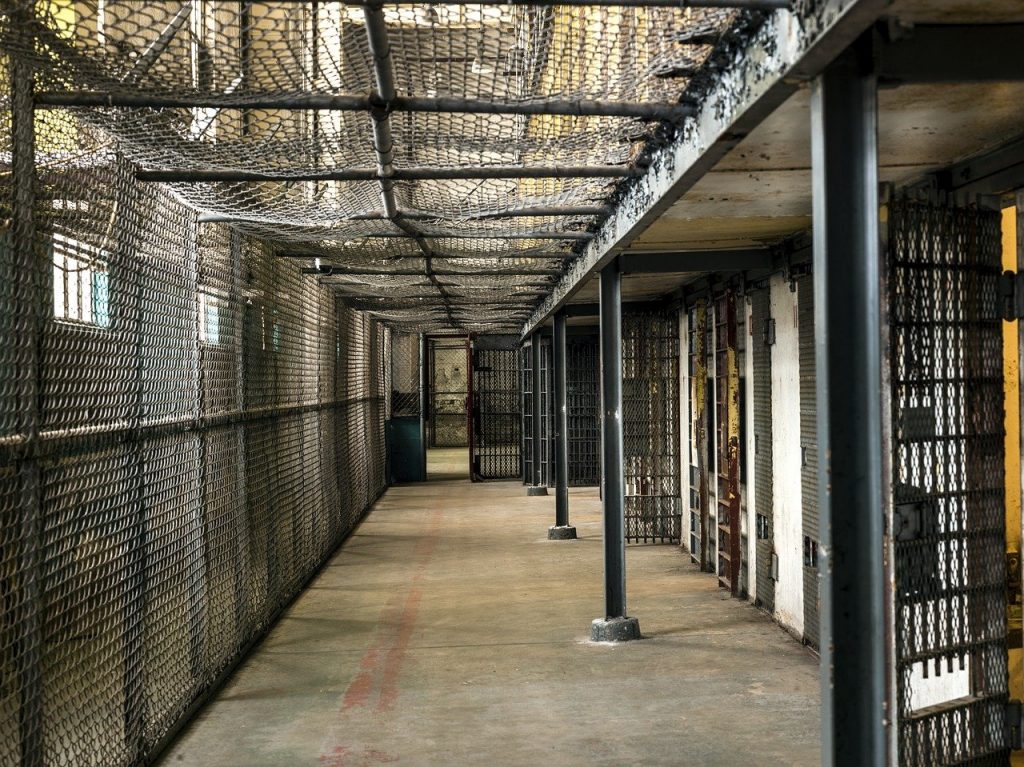
A recent poll by the National Opinion Research Centre revealed that 95% of Americans favour vital criminal justice reforms. This is hardly surprising, given that several people of varying racial, partisan and ideological dispositions have called out the justice system over its many failures throughout the years. Most Americans received the Trump Administration’s First Step Act as a step in the right direction, as about 60% of people approved the criminal justice reform bill according to a 2018 poll. However, many people still believe the justice system’s approach to crime is ineffective and needs dire change, and these are some reasons why.
Prison population and funding concerns
Research conducted revealed America has about 2.3 million prisoners, making the US the country with the highest incarceration rate globally. Experts estimate that the country’s prison population has grown by a whopping 340% over the past three decades; new prisoner admissions into jails are higher than prisoner release numbers. The cost of maintaining the nation’s prisons at taxpayers’ expense has inspired a lot of backlash and calls for budget cuts. According to research, slashed correction spending was the preferred option by most states to balance their budgets and redirect spending to other areas.
Minimum mandatory sentences
Minimum mandatory sentences are statutes that force judges to give defendants convicted of a crime the minimum prison sentence. Mandatory sentences rob judges of the traditional way of considering the defendant’s character and the unique circumstances surrounding offences. Even when represented by criminal defense attorneys with many years’ experience, defendants often succumb to prosecutors’ pressure to plead guilty or face more severe charges with higher mandatory sentences. The guilty plea bargain consequently resolves about 95% of both federal and state court cases. Research also shows that about half of inmates in federal prisons are doing time for drug offences- causing overpopulation in the prison system.
Growing number of people killed by the police
An estimated 1000 civilians are killed by police officers annually in the US. The frequency of police brutality cases over the years requires immediate reform to the American justice system. Data suggests that the incidence of fatal police shootings is higher among African-Americans than any other ethnicity, inspiring movements like the ‘Black Lives Matter’ campaign to press on with protests for significant police etiquette reforms towards coloured minorities. The police force faces incessant accusations of racial profiling, indiscriminate use of power, and poor discretion, which has led a reported 58% of Americans to think policing needs major reforms through measures like better-trained officers, and wearing body cameras.
Evolving public opinion on crime
Research released by the Sentencing Project and The Justice Policy Institute reveals that more people in conservative states are embracing preventive, rehabilitative, and alternative sentencing options for non-violent offenders. Most Americans now view the prevention of crime as the most vital function of the justice system, as 77% of Americans think that focusing more on character education and after-school programs would be cost-effective by reducing the number of people going to jail. Almost two-thirds of Americans also believe in the need for lighter sentences with more useful, reformative programs in prisons that will benefit inmates upon release. Therefore, support for harsh penalties that harden criminals and make them a more significant menace when reintroduced into society has dwindled.
Opinion
The History Question: Is It Better to Remember or to Forget?
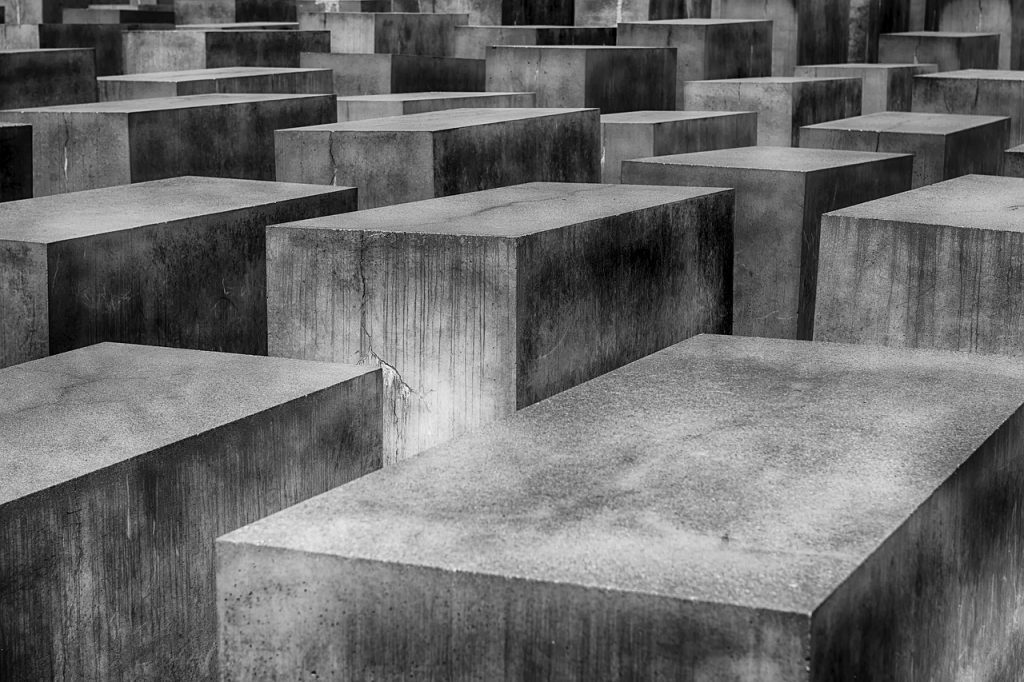
Years ago, a philosopher by the name of George Santayana said a phrase that fuels many debates to this day. His original saying is “those who cannot remember the past are condemned to repeat it”, although, many sources now present it as variations of “those who cannot learn from history are doomed to repeat it”. The latter definitely has more substance to it in the light of the ongoing debate about how much history we should be learning and how.
Is It Better to Remember or Forget About the Past?
On one hand, Santayana was right. Learning about the past is essential in order for people to progress. One also shouldn’t overlook the importance of remembrance and paying respects to the dead, both those who pushed the progress forward and those who have fallen victims to major tragedies that could and should have been averted.
The main argument in favor of learning about the past is that its knowledge is necessary for preventing the same thing happening in the future. Having it one can see the signs and stop the tragedy before it gains momentum.
That’s sound in theory, but the reality is always different. For example, today people are surely forgetting, and the much-critiqued education system is only partially at fault here. Even the greatest of tragedies weren’t spared this fate. It’s a proven fact that about two-thirds of millennials today don’t know about the Holocaust, and this number is surely greater for generations that follow them. In the school history course, the subject of one of the greatest disasters in history is barely touched, if touched at all. And outside of a history classroom, one can only see small, but terrifying, glimpses of it at the Holocaust Museum and other museums that rarely attract many visitors. And now we are witnessing a rise of antisemitic crime.
Are these two facts related? Does the lack of awareness about the horrors done in the name of Aryan supremacy contribute to the fact that right-winged extremists seem to be gaining popularity again?
It does, but by how much? That is the question that no one can truly answer.
And what about other genocides? The Holocaust had the highest death toll, but it was far from the only genocide in history. And quite a few of those happened after World War 2 and before the memory of the atrocities against the Jews began to fade. This means that while forgetting history is a factor, it’s not the deciding factor in its repeats.
But what is that thing responsible for the reenactment of past mistakes and tragedies?
Learning. This is the important thing that is most often overlooked when citing Santayana’s famous saying. It’s not enough to learn about the past and know the facts of things that happened. It’s important to learn from those facts and put in place protections that will prevent them from happening again. And this is something that humanity, as a whole, has yet to succeed in doing.
Dwelling in the Past Can Be Just As Bad
One also shouldn’t forget that there is such a thing as “too much history”. The Bosnian War and genocide that happened there in the 1990s is a vivid example of how the past can be exploited by political powers. Used as a part of propaganda, which fueled the war, history can become a weapon in the hands of those who want to use it for their own goals.
And this is what humans have been doing since the dawn of time. There is always someone who will use any means necessary to achieve whatever it is they wish. This results in wars and genocides, and hundreds of smaller but no less devastating tragedies.
Therefore, the problem isn’t whether people should be learning history but human nature itself. Perhaps, teaching this can help fix this fundamental flaw and truly stop the worst of the past from repeating.


